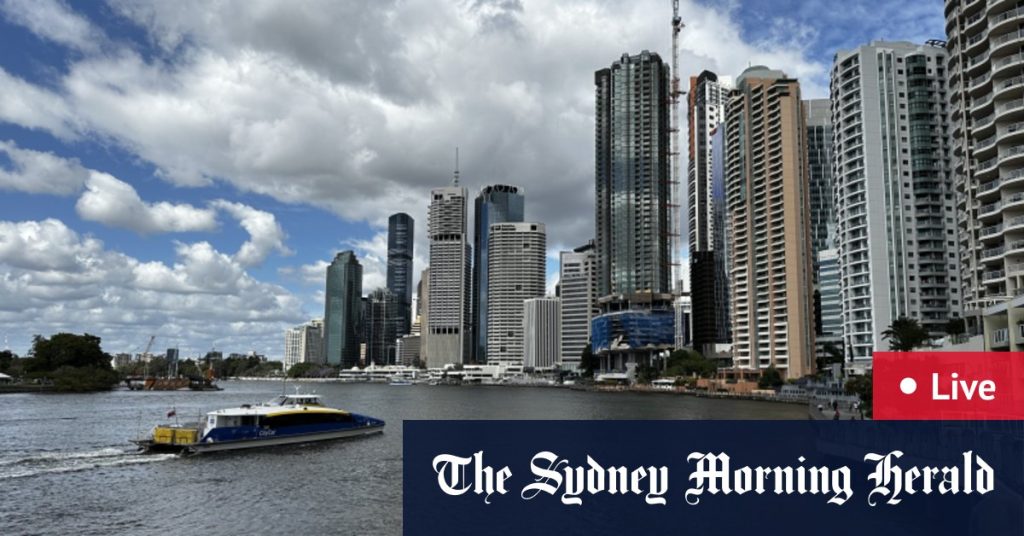An inquest into the Wieambilla shootings, which resulted in the deaths of six individuals, including two police officers, faces the challenge of potentially being limited in its scope by the exclusion of “extremely sensitive” material. Queensland State Coroner Terry Ryan presided over a second pre-inquest conference in Brisbane, where barrister Ian Freckelton KC, representing the Queensland police commissioner, sought to have certain items excluded from consideration under the claim of public interest immunity. Freckelton argued that the disclosure of this material could compromise the ability of law enforcement officials to protect the public and hinder their efforts against individuals with harmful intentions.
Barrister Patrick McCafferty KC, representing over 30 police officers involved in the incident, supported the exclusion of the sensitive material from the public but emphasized the importance of scrutinizing it during the inquest. Barrister Justin Greggery KC, representing the Queensland Police Union, and a lawyer for the families of the deceased officers also opposed the police commissioner’s application. Counsel assisting Ruth O’Gorman KC proposed a compromise where certain material would be retained by the court and only accessible to legal practitioners or discussed in closed hearings to maintain confidentiality.
The potential exclusion of sensitive material from the Wieambilla shootings inquest raises concerns about the thoroughness and transparency of the investigation, as key information may be withheld from public scrutiny. The conflict between protecting sensitive information and ensuring a comprehensive examination of the events leading to the tragic deaths of six individuals, including law enforcement officers, underscores the complexities inherent in balancing security concerns with accountability and justice. The decision on how to handle the confidential material will have implications for the effectiveness and credibility of the inquest process and the ability to provide closure to the families of the victims.
The application for public interest immunity by the Queensland police commissioner reflects a broader tension between the need to safeguard classified information for national security purposes and the public’s right to access information related to significant events of public interest. The challenge for the coroner in navigating this delicate balance underscores the complexities of conducting investigations into sensitive matters that involve multiple stakeholders with varying interests. The outcome of the coroner’s decision on the exclusion of sensitive material will influence the level of transparency and accountability in the Wieambilla shootings inquest, affecting public confidence in the process and the justice system as a whole.
The involvement of legal representatives for the police officers and the families of the deceased officers in the inquest proceedings highlights the diverse perspectives and interests at play in the quest for truth and justice following a tragic incident. The differing viewpoints on the handling of sensitive material underscore the challenges of reconciling the need for transparency with the imperative to protect sensitive information that could compromise ongoing investigations or endanger national security. The decision-making process for the coroner in responding to applications for public interest immunity and non-publication orders will require careful consideration of these competing interests to ensure a fair and thorough examination of the Wieambilla shootings.
In conclusion, the Wieambilla shootings inquest faces a critical juncture as the decision on whether to exclude “extremely sensitive” material from consideration could impact the integrity and effectiveness of the investigation. The tensions between protecting confidential information and ensuring accountability and transparency in matters of public interest underscore the complexities of conducting inquests into sensitive incidents involving multiple stakeholders. The coroner’s response to applications for public interest immunity will be a crucial factor in determining the level of access to information and the extent of scrutiny applied to the events leading to the tragic deaths in the Wieambilla shootings. Ultimately, the resolution of these issues will shape the public’s perception of the inquest process and its ability to deliver justice and closure to the victims’ families and the wider community.













